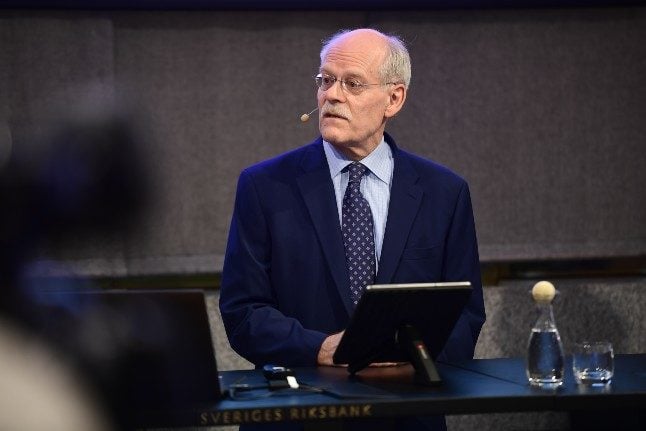Justice Minister Heiko Maas announced over the weekend that work is finished on a draft law that would force banks to publish their interest rates on unplanned overdrafts.“Many overdraft users don't have a clue that there are cheaper alternatives” to banks' default rates, Maas told the Tagesspiegel on Saturday.
Banks will also be forced to offer their customers alternatives if they remain overdrawn for more than three months, or if their accounts go deep into the red.
Consumer protection activists have long been calling for government action against high overdraft rates, and Maas has been working on his bill since September.
New rules will also be introduced to protect consumers applying for a mortgage.
“With the law we want to arrive at a whole range of improvements for consumers in home loan contracts”, Maas said.
In future banks will have to provide a simplified information sheet for consumers before signing the contract on a mortgage, containing all the details in an “at a glance” format.
And consumers will have to pass a stricter credit check before the bank can offer advice on a home loan.



 Please whitelist us to continue reading.
Please whitelist us to continue reading.
Member comments